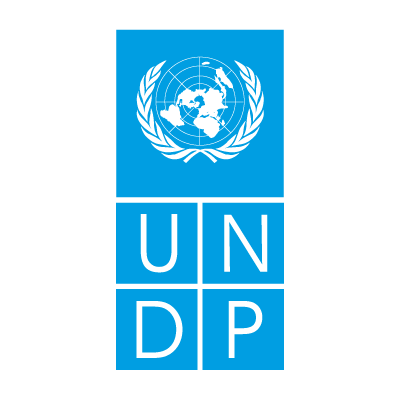
KNOWLEDGE
HUB
Case Study
Soil conservation in the Shinyanga Region of Tanzania
In the mid-1980s, agricultural expansion and commercial logging in the Shinyanga region of Tanzania resulted in significant deforestation, soil erosion, and negative impacts on water resources. In response, the Government launched the community-based Shinyanga Soil Conservation Program, which revived traditional practices restricting livestock grazing to the dry season. The Shinyanga Soil Conservation Program resulted in: restoration of 500,000 hectares (1.2 million acres) of forestland; increased income; and improved access to public services such as classrooms and health clinics (due to increased income). Highlighted below are several actions and good practices profiled in the case study that supported successful outcomes under the Shinyanga Soil Conservation Program.
- Policy reforms in land ownership provided clarity and security for land and tree tenure. Further, land tenure categories expanded to include (i) national, (ii) local authority, (iii) village land, (iv) community and (v) private forests. This diversification of land types catered to a range of individual needs and empowered the locals to make beneficial decisions about restoration.
- Key policies encouraged community involvement in forestry management through supporting harvest rights, forest royalties, and forest product tax exemption for villagers.
- Promotion of traditional knowledge and practices created a supportive environment for knowledge transfer among peers.
- Institutional reform decentralized forest management to village governments allowing for locally tailored implementation. For example, local governments set rules governing conservation and management practices, and consequences for violators of practices.
- Sustained political commitment by the Government of Tanzania as well as long-term investments from international donors has supported positive outcomes.
Institutions Involved
Government of Tanzania, communities, Norwegian Development Assistance Agency



